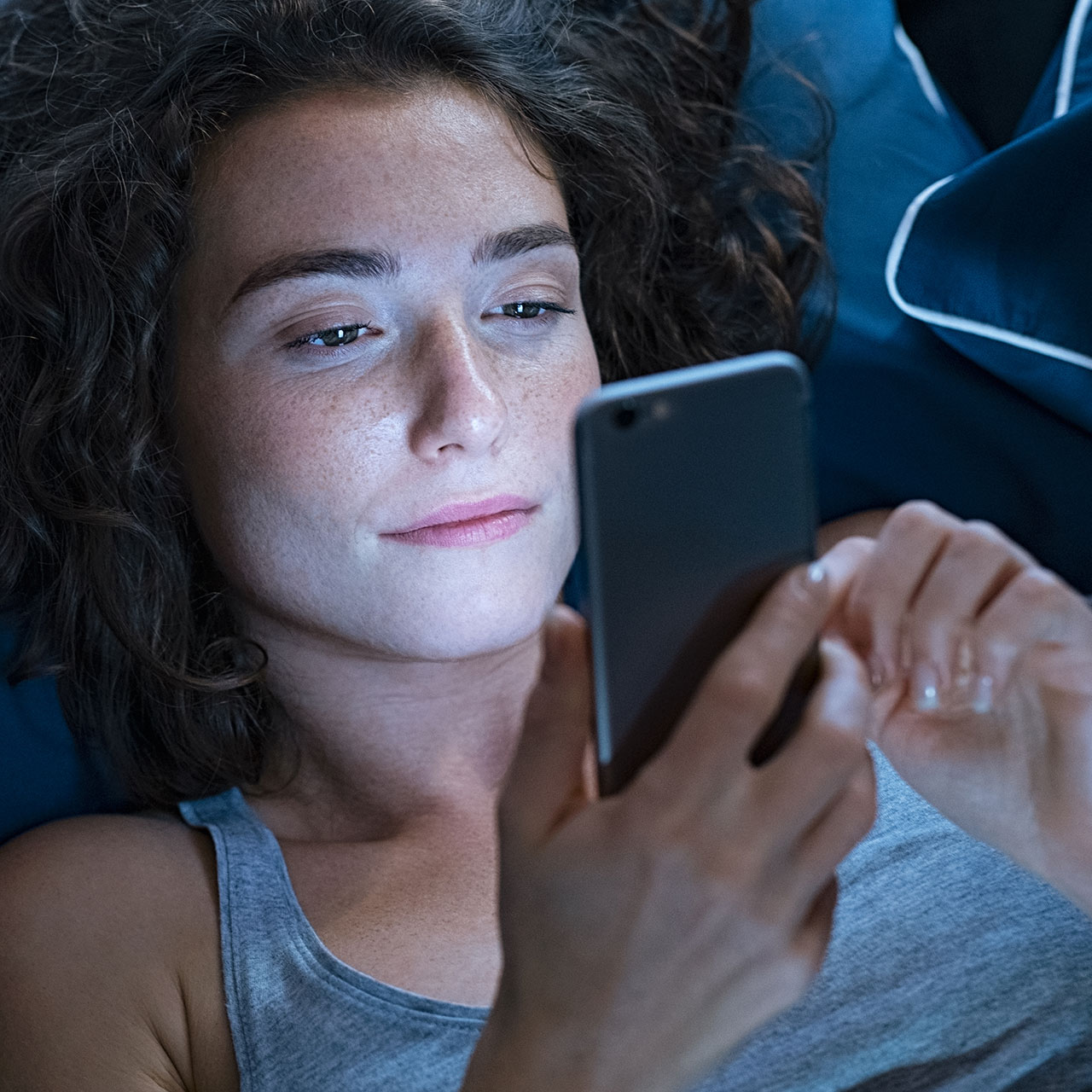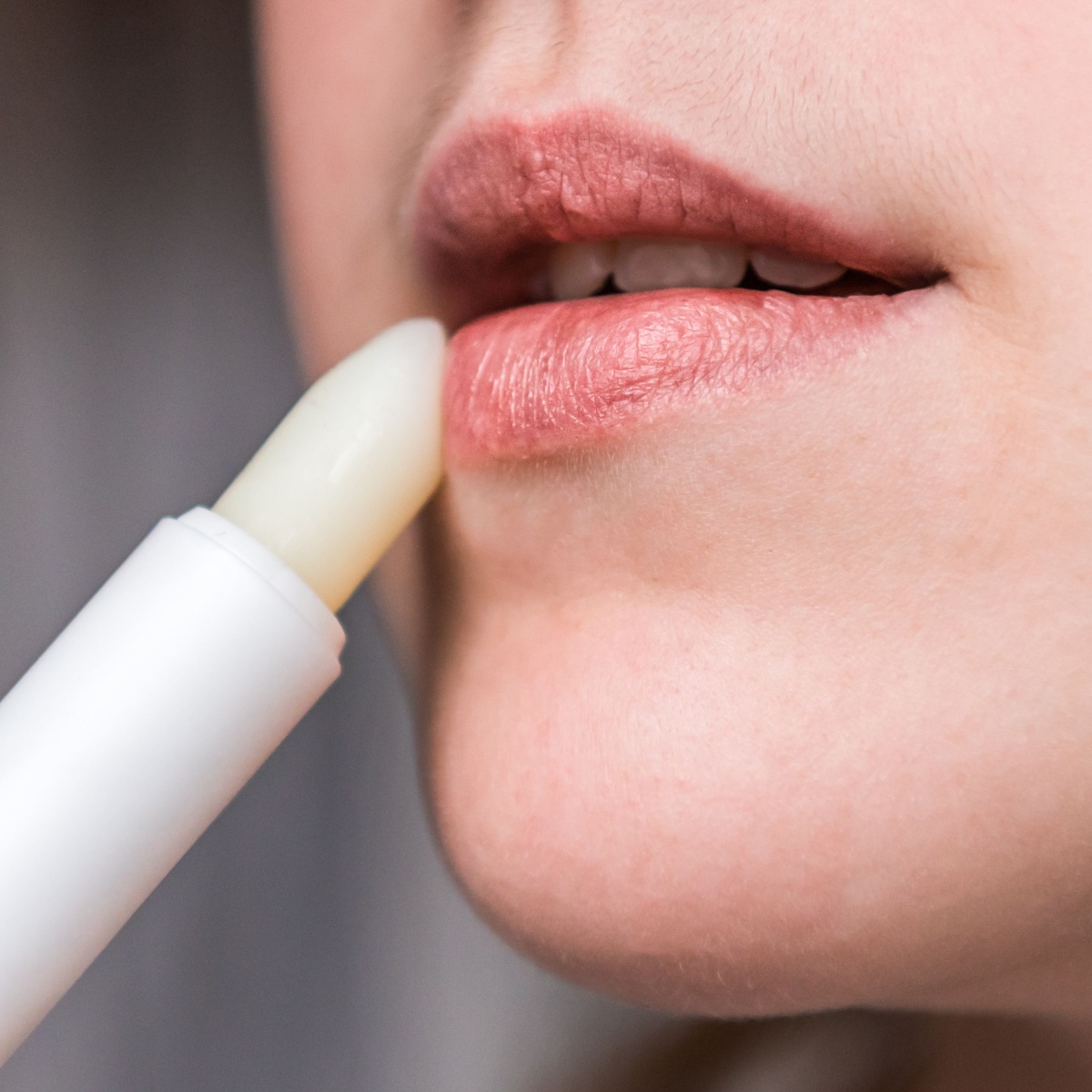If you are one of many people who check their phone before bed — or are on your phone watching just one last episode of that show you love when you know you should be getting quality shut-eye — you’re far from alone. Using your phone in bed at night is a tough habit to break. You may be tempted to check email, send one more text, or yes, catch up on that show you’ve been binging for days. The reasons against doing this are a mile long and include obvious things like: you’re going to feel worse in the morning. But that’s not the only argument against kicking your phone out of your bed.
There are even more pressing reasons why it’s a good idea to put an end to your nighttime phone habit. If you check your phone at night, this is why experts say it may be time to stop.


How a Dim Room Helps You Rest
Our bodies internal clock, or circadian rhythm, is regulated by a type of cell in retina of the eyes called the ganglion cells. When you are in an environment with dim light, as your bedroom should be while you’re resting, these cells signal the release of a hormone called melatonin that tells your body to prepare for sleep. This hormone makes your body temperature drop and your metabolism slow down to provide optimal conditions for slumber. Makes sense so far, but what happens when you then introduce a sudden, bright, blue light into the equation?

Ganglion Cells Are Sensitive
Ganglion cells are more sensitive to different types of light. It makes sense that they would be sensitive to daylight, as this type of light naturally calls to your body to wake up so that you are prepared to take on a new day. However, phone and laptop screens emit similar blue light, too. This light then tricks the ganglion cells into thinking there’s daylight and your body should not prepare to go to sleep. Studies have suggested that people who are exposed to blue light before sleep get less sleep and are more easily disrupted at night. It’s important to note that most of these studies have been observational and some have involved animals — in other words, the data isn’t conclusive.

What You Can Do Instead
It may not be realistic to suggest that everyone put their phones in another room when they sleep and never look at them again — many of us rely on our phone alarms, after all. But some steps you can take to reduce your blue light exposure at night include using software that makes your screen emit less blue light when it’s dark outside and wearing glasses with tinted lenses that filter out blue light. There aren’t conclusive studies that prove these techniques help — the only way to ensure your body isn’t absorbing blue light at night is, of course, not looking at your device and waiting until the morning to check your email.


























